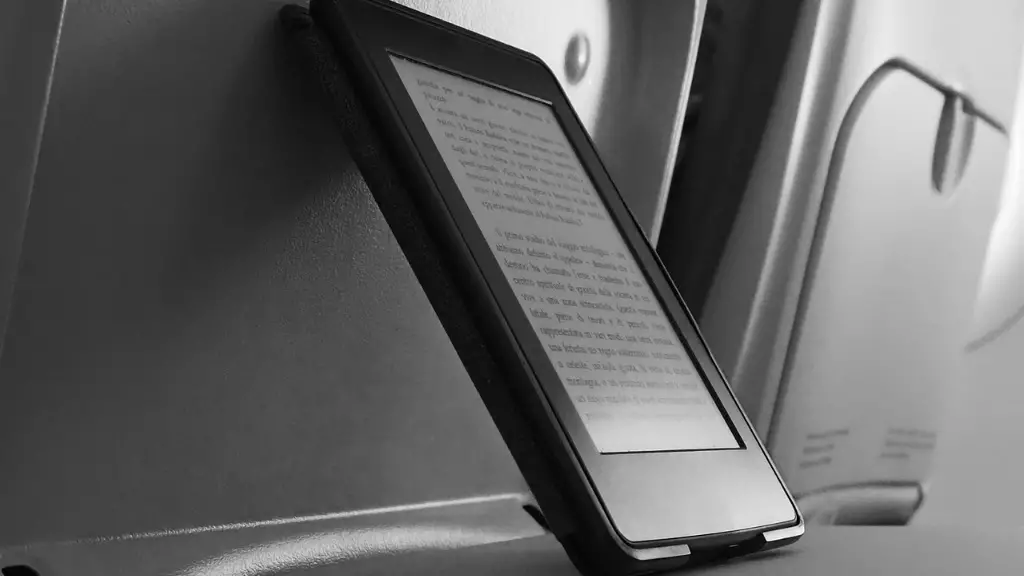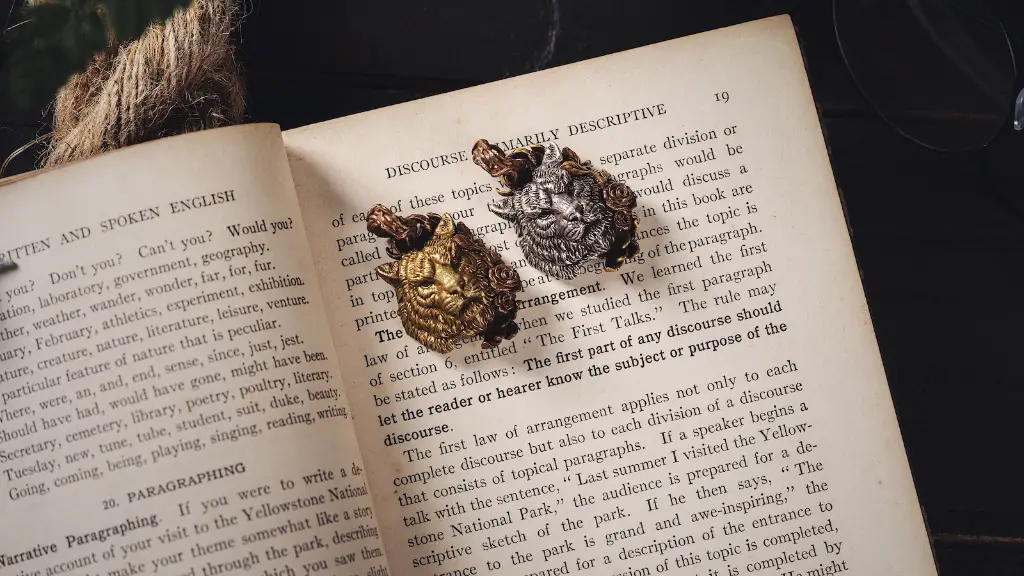William Blake was an English poet and artist who is considered to be a key figure in the Romantic Movement. Though his work was not widely known during his lifetime, Blake is now considered to be one of the most important figures in the history of English art and literature. While Blake was a committed Christian, his views on religion were often unorthodox and he is known for his scathing criticism of the established Church.
William Blake was a complex individual with a wide range of beliefs and opinions. While he was a devout Christian, he also held a number of unorthodox views about the nature of God. For example, he believed that God was present in all aspects of the natural world, and that humans were capable of achieving a state of divinity. He was also highly critical of the Church and its teachings, which he felt were hypocritical and repressive.
What is Blake’s concept of religion and God?
Blake was a strong believer that religion had a profound impact on every aspect of human life. He felt that it influenced political, economic, psychological, and cultural aspects in a negative way.
William Blake was a highly prolific artist who was known for his visions of angels and dreams. At the age of four, he saw God “put his head to the window,” and at nine, he saw “a tree full of angels.” Because of poverty and illness, these visions increased, and the world of angels and dreams made its way into Blake’s artwork.
Was William Blake a religious man
Blake was a religious seeker but not a joiner. He was profoundly influenced by some of the ideas of Swedish theologian Emanuel Swedenborg, and in April 1789 he attended the general conference of the New Church (which had been recently founded by followers of Swedenborg) in London.
William Blake was a great English poet, painter and printmaker. His work was very influential during the Romantic era. He is also well known for his biblical interpretations, which are not always in agreement with traditional views. However, his work is still worth studying, as it provides an interesting perspective on the Bible.
What religion did William Blake believe in?
Blake was a committed Christian who was hostile to the Church of England and almost all forms of organised religion. He was influenced by the ideals and ambitions of the French and American revolutions.
The poem “The Lamb” is a religious poem that marvels at the wonders of God’s creation. In the poem, a child addresses a lamb, wondering how it came to exist, before affirming that all existence comes from God. In the humble, gentle figure of the lamb, the speaker sees the beautiful evidence of God’s work.
Who was the first to see God’s face?
Some Important Principles, Doctrines, and Events:
-Moses saw God face-to-face on Mount Sinai
-The Ten Commandments were given to Moses on Mount Sinai
-The children of Israel were freed from slavery in Egypt
-The principles of the gospel were revealed to Moses
William Blake was a poet and artist who had a strong belief in the afterlife. He was not afraid of death and spent his last day drawing.
How did the Bible influence William Blake
The Bible was a great source of comfort and joy for him. He was deeply familiar with its contents and felt great admiration for its beauty. It was always close at hand, and he frequently consulted it in multiple languages.
The Church’s dichotomy between Good and Evil is a facade to keep people in line. In reality, there is no such thing as Good and Evil. There is only what we do and the consequences that follow. The Church uses this dichotomy to control people by making them believe that there is only one correct way to live. This way, the Church can maintain its power over people by dictating what is right and wrong.
What was Blake’s attitude towards the Church?
I agree with Blake that the Church can be heartless towards sinners and too insistent on doctrine. It’s not the ideal of Christianity, in my opinion. Christianity is about love, compassion, and forgiveness. The Church should be a place that preaches these things, not just duty and obedience.
Blake’s focus on the death of Christ illustrates his Protestant beliefs rather than Catholic. He believes that communication with the divine lies at the heart of work and Christ’s death is the most important aspect of that work. This belief sets him apart from Catholic beliefs which place more emphasis on the eternal reality of Christ’s death.
Did William Blake believe in angels
William Blake was a mystic who claimed to see and speak to angels and departed saints on a regular basis. In 1765, at age eight, William Blake had his first vision of angels while walking on Peckham Rye, a park in Greater London. Blake used his visions as inspiration for his artwork and poetry.
Blake believed that the physical and spiritual world were interconnected and that to preserve the earth, we must be open to the divine and psychic beings that visit us. He was confident that by discounting the reality beyond our everyday experience, we are discounting a part of ourselves. Blake’s views on the importance of the spiritual world and our connection to it are still relevant today.
What did William Blake think of slavery?
William Blake was a poet and artist who was very outspoken in his views on slavery and the abolition of the slave trade. He created several memorable images and poems that conveyed his message, including “The Little Black Boy” which was written in 1788. Blake’s work helped to raise awareness of the plight of slaves and the injustice of the slave trade, and ultimately contributed to its eventual abolition.
Blake was truly a prophet, always looking ahead and trying to foresee what was to come. Sadly, his prophetic work is often times the most difficult to understand and approach.
What is Blake’s philosophy
Blake’s ethics are based on the idea that humans are instinctively good, and that reason is the source of morality and religion. The goal of his ethics is to liberate the instinctual self and achieve a symbiotic unity of man with man and man with the world.
William James Blake was born in 1894 in Germany. His birth name was Wilhelm Blech. He was a broker, novelist and Marxist political economist. His first marriage ended in divorce, and he then married Australian novelist Christina Stead, with whom he had been living since the late 1920s. Blake was a prolific writer and his novels include “The Ragged Trousered Philanthropists” and “The Spasmodic Age”. He was a strong advocate for the working class and was a member of the Communist Party of Great Britain. Blake died in 1968.
Warp Up
William Blake was a famously spiritual person, and he did believe in God – though his idea of God was very different from the traditional Christian one. For Blake, God was not some distant, all-powerful being, but rather a part of nature that could be found in everything around us. This is reflected in his famous line from the poem “Auguries of Innocence”: “To see a World in a Grain of Sand / And a Heaven in a Wild Flower / Hold Infinity in the palm of your hand / And Eternity in an hour”.
It is difficult to say definitively what Blake’s views on God were, as his views seem to have been constantly evolving. However, it seems that overall Blake did believe in some sort of higher power, even if he did not subscribe to traditional views of God. For Blake, the divine was something that could be found in nature, in humanity, and in art.





